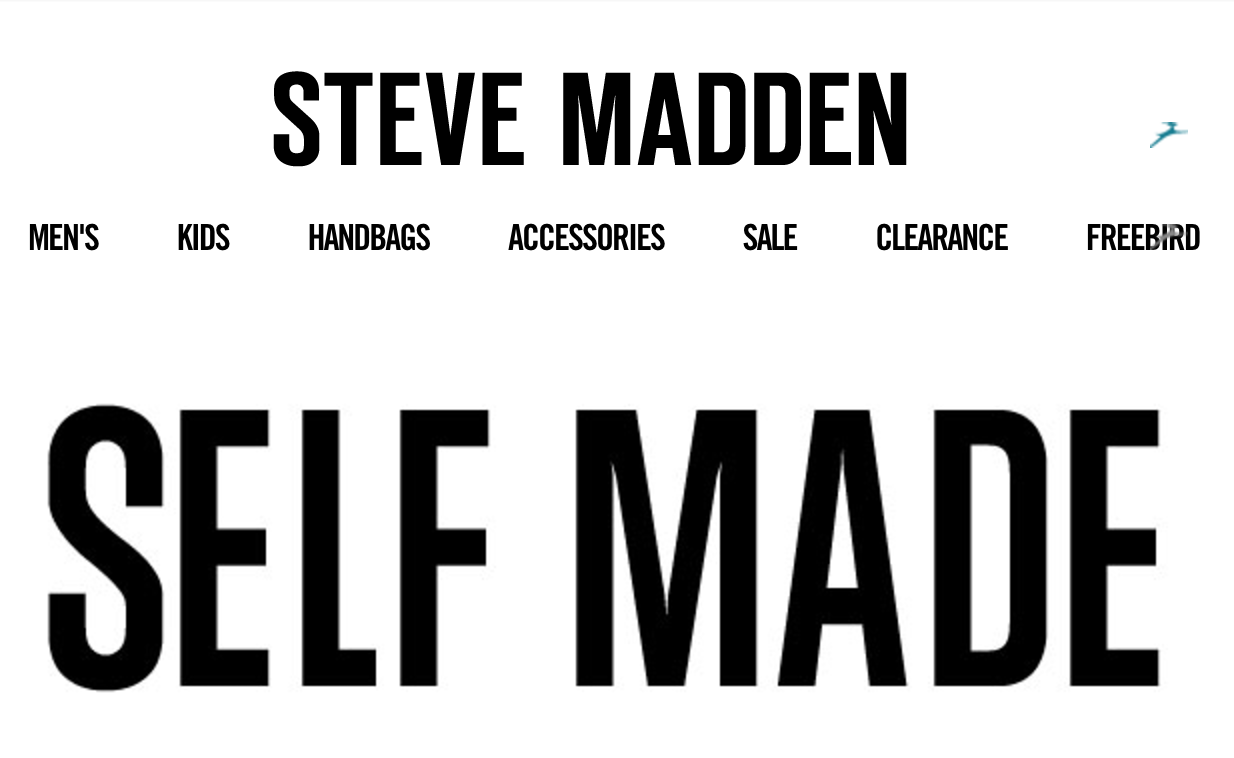Unlike large organizations, entrepreneurs lack capital and resources. As a result, they are forced to think differently and approach problems and opportunities with different perspectives. These skills and mindsets, when combined with the balance sheets and cash flow of large organizations, can create breakthroughs big and small. Our “Think Like an Entrepreneur” Program applies the lessons we learn from entrepreneurs to drive innovation in your organization.
Our “Think Like an Entrepreneur” Program applies the lessons we learn from entrepreneurs to drive innovation in your organization.
THE RISK
Entrepreneurism is not a nice to have – it is a critical skill that must be unlocked in every organization. After all, Walmart should have created Amazon. Blockbuster should have created Netflix. Sony should have created Spotify. Kodak should have created digital photos.
Entrepreneurism is not a nice to have – it is a critical skill that must be unlocked in every organization. After all, Walmart should have created Amazon. Blockbuster should have created Netflix. Sony should have created Spotify. Kodak should have created digital photos.
THE CHALLENGE
Thinking like an entrepreneur is not natural for a large organization. The structure of a large organization can stifle the innovation that can lead to both day-to-day and strategic wins.
Thinking like an entrepreneur is not natural for a large organization. The structure of a large organization can stifle the innovation that can lead to both day-to-day and strategic wins.
THE OPPORTUNITY
Entrepreneurism is not a concept – it is a set of skills and mindsets that can improve your core business, unlock the potential of innovation, unleash talent and retain key talent.
Entrepreneurism is not a concept – it is a set of skills and mindsets that can improve your core business, unlock the potential of innovation, unleash talent and retain key talent.
THE GOAL
True innovation is applying entrepreneurial approaches every day. Just like the Toyota Way challenged employees with “kaizen” or continuous improvement, organizations should seek “endless entrepreneurism.” Do we think Dunkin Munchkins were discovered in a Board room?
True innovation is applying entrepreneurial approaches every day. Just like the Toyota Way challenged employees with “kaizen” or continuous improvement, organizations should seek “endless entrepreneurism.” Do we think Dunkin Munchkins were discovered in a Board room?
WE HAVE IDENTIFIED OVER 100 SKILLS AND MINDSETS WE LEARN FROM ENTREPRENEURS THAT CAN BE APPLIED IN A CORPORATE ENVIRONMENT
Entrepreneurism is not a concept – it is a set of skills and mindsets that can improve your core business, unlock the potential of innovation, unleash talent and retain key talent.
Entrepreneurism is not a concept – it is a set of skills and mindsets that can improve your core business, unlock the potential of innovation, unleash talent and retain key talent.
SKILLS
Many leaders do not think of entrepreneurism as a set of skills – but it is. The skills that entrepreneurs develop can help employees of a larger organization tackle both daily challenges and the need for innovation. Examples include:
MINDSETS
An entrepreneurial mindset embodies several characteristics common to virtually all entrepreneurs. These key mindsets help entrepreneurs overcome great challenges and achieve results even when they odds are against them. Examples include:
OUR PROGRAM SHOWS HOW TO APPLY ENTREPRENEURIAL SKILLS AND MINDSETS IN A CORPORATE ENVIRONMENT
We demonstrate for employees the specific skills and mindsets that we can learn from entrepreneurs and how those skills and mindsets can be applied to both the day-to-day and the strategic issues that impact your organization.
CLIENTS


![]()


![]()
![]()

![]()





![]()
![]()




![]()


![]()
